Turkish prosecutor requests to move trial for Jamal Khashoggi’s murder to Saudi Arabia
A Turkish prosecutor has requested to halt the trial for Jamal Khashoggi’s murder in Istanbul and transfer it to Saudi Arabia, some four years after the dissident Saudi journalist was gruesomely murdered in Turkey.
Khashoggi, 59, was murdered on October 2, 2018, after he entered the Saudi consulate in Istanbul to obtain a document stating that he was divorced so that he could marry his fiancée, Hatice Cengiz, a Turkish citizen.
Recording and other evidence gathered by Turkish authorities revealed how a team of Saudi agents subdued, killed and then dismembered the journalist inside the diplomatic mission.
Saudi Arabia initially issued conflicting stories about Khashoggi’s disappearance, but eventually said that he was killed in a “rogue” operation. Saudi authorities had reportedly lured the ill-fated journalist into the consulate with guarantees of his safety while sending in a professional death squad.
Khashoggi’s murder triggered a global outcry and put pressure on Saudi Arabia's de facto ruler Crown Prince Mohammed bin Salman (MbS), who according to US intelligence had approved the operation to kill or capture his critic.
Riyadh, however, flatly denied any involvement by MbS and rejected the report's findings.
Turkish President Recep Tayyip Erdogan has said the murder had been ordered at the “highest levels” of the Saudi government, an accusation that has already strained the relations between the two countries and led to an unofficial Saudi boycott of Turkish goods, which cut Ankara's exports to Riyadh by 90 percent.
The request by the Turkish prosecutor comes as Turkey seeks to mend ties with Saudi Arabia.
On Thursday, the Istanbul court where 26 Saudi suspects have been on trial in absentia for nearly two years said that it would ask for the justice ministry's opinion on the request to transfer proceedings, and set the next hearing for April 7.
Back in 2022, Saudi authorities imprisoned eight people for between seven and 20 years for Khashoggi’s murder. However, none of the defendants was named in what rights groups described as a sham trial and Ankara criticized verdicts for falling short of expectations.
According to Turkish Foreign Minister Mevlut Cavusoglu on Thursday, judicial cooperation between Turkey and Saudi Arabia had improved.
Cengiz, who attended the court session, said in a statement later that she had been “heartbroken” by the prosecutor’s request.
“No good will come of sending the case to Saudi Arabia. We all know the authorities there will do nothing. How do we expect the killers to investigate themselves?” she added.
The Turkish prosecutor maintained that Riyadh had requested for the case to be moved to the Arab kingdom and pledged to evaluate the allegations against the defendants.
According to the prosecutor, Ankara should agree to the transfer request since the defendants are foreign nationals, the arrest warrants cannot be executed and their statements cannot be taken, meaning that the case will end up in abeyance or suspension.
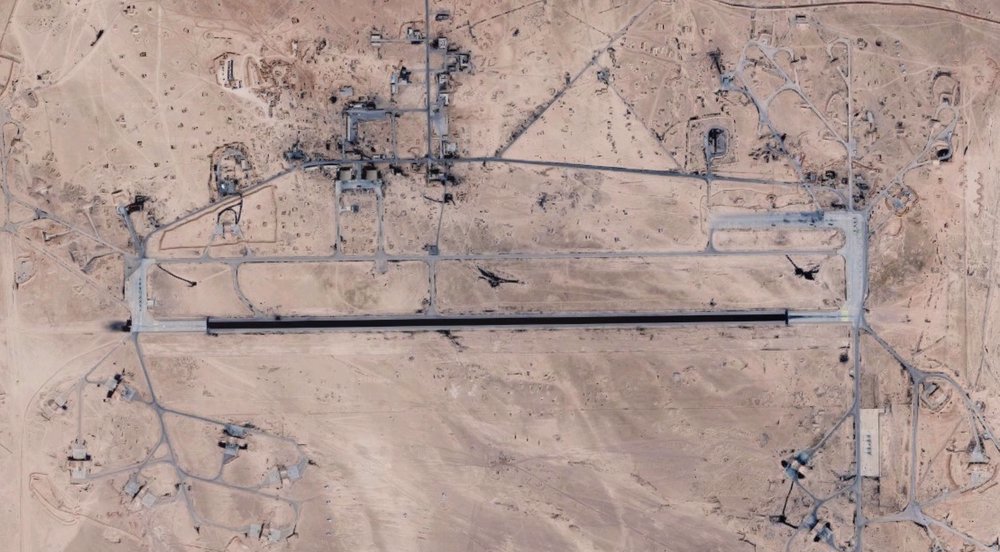
Turkey readies plans to take over Syria’s T4 airbase: Report
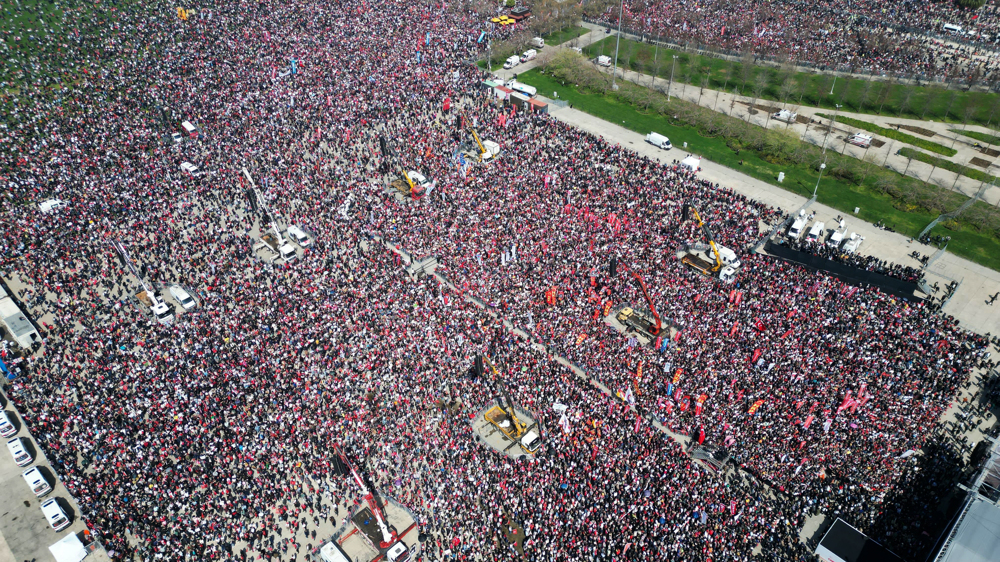
Hundreds of thousands rally in Istanbul to call for release of jailed mayor
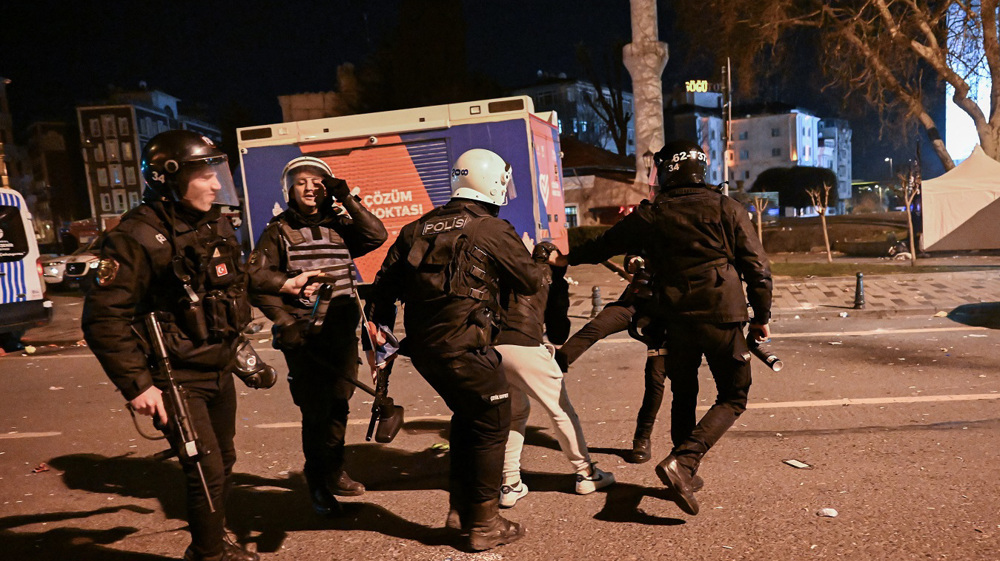
Over 1,400 arrested as protests continue in Turkey despite ban
VIDEO | UN accused IOF of targetting only women and children
‘Deliberate assault on life’: Condemnations after Israel attacks Gaza hospital, kills sick child
Hamas says Israel ‘narrowing truce’, stresses any new deal must end Gaza genocide
UK, alongside E3, supports indirect Iran-US talks: British minister
More regional countries hail first round of Iran-US talks, express support for process
‘Exemptions short-lived’: Trump warns of new rounds of tariffs on tech industry
Over 200 civilians killed as Sudan’s RSF attacks Darfur displacement camps
VIDEO | Press TV's news headlines


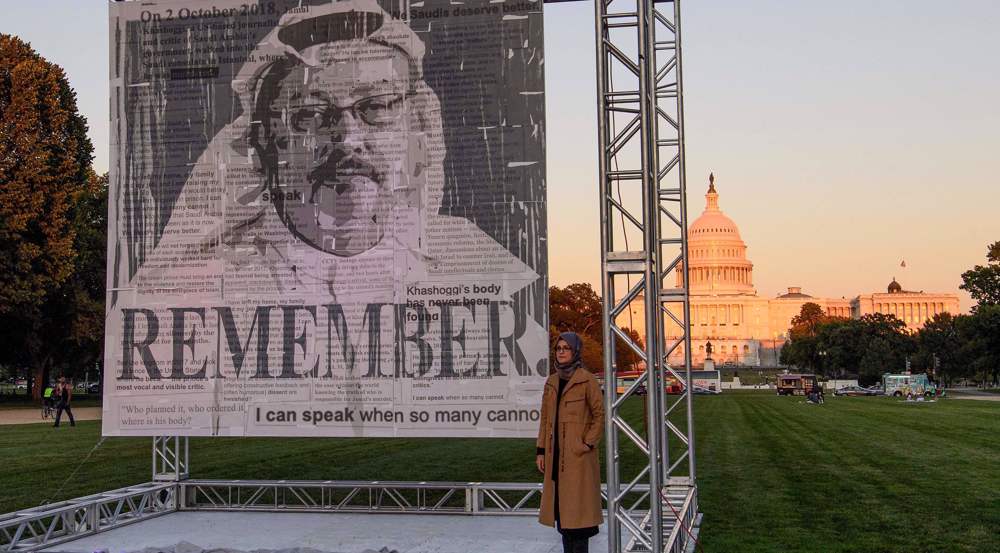
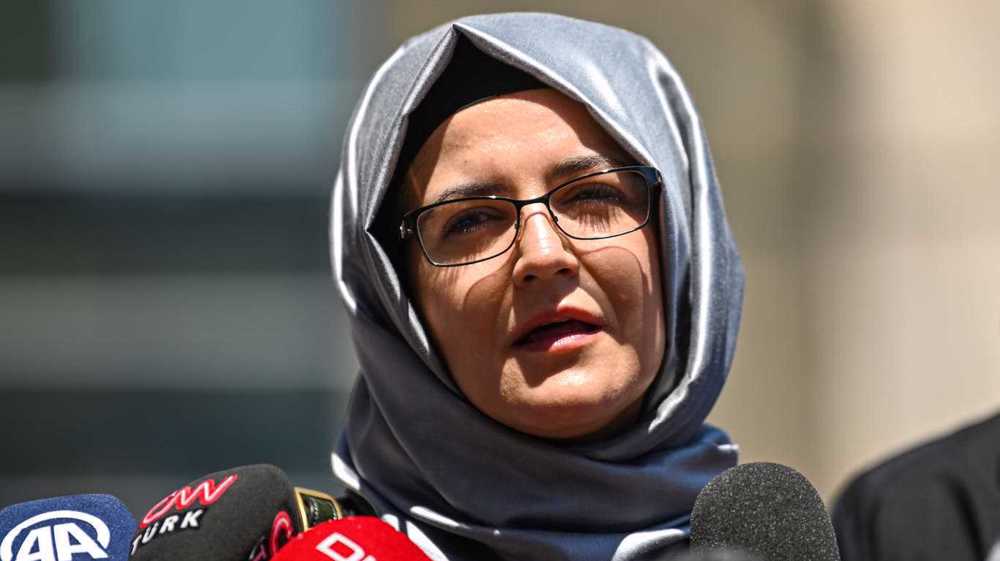
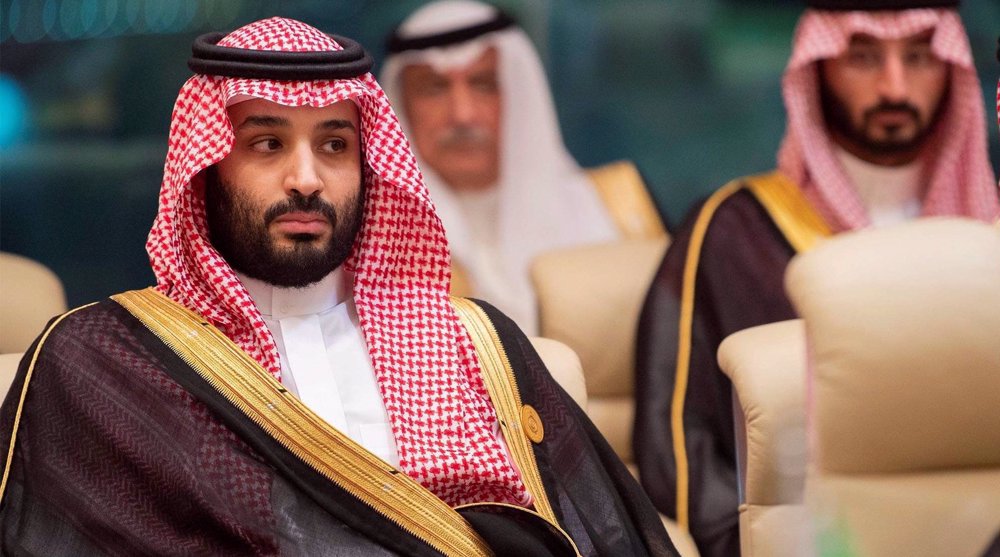




 This makes it easy to access the Press TV website
This makes it easy to access the Press TV website